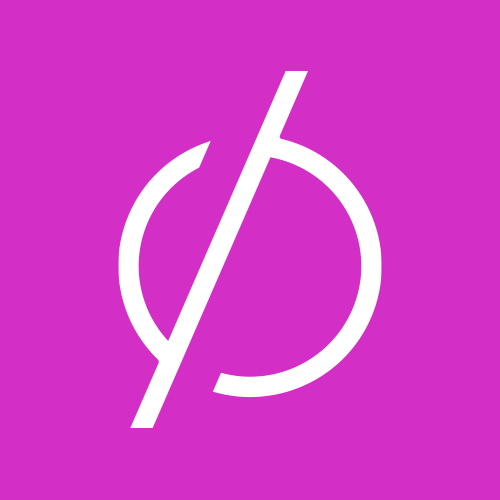Mark Zuckerberg's Internet.org encourages non-neutral carriers in poor nations to exempt Facebook from their data caps. This raises the question whether Internet.org is encouraging net neutrality or economic racism.
Some people in developing countries have been critical of Facebook's exemption from data caps via Internet.org. They argue it provides those countries' Internet users to pay for less Internet service that the rest of the world receives for free.
Internet.org describes its goals as developmental and charitable. However, they are basically giving people the option of unlimited access to part of the Internet, instead of major data caps for greatly limited Internet access.
Facebook has the alternative of using its wealth and power to battle telco sector corruption, according to BoingBoing.net. This would demand net neutrality in developing and under-developed countries.
A movement supporting the use of net neutrality has been gaining steam in India, according to Quartz. This encourages all telco and carrier networks to provide all data to all users--without bias.
In fact, Indians have the ability to petition for net neutrality. Over 750,000 people have already sent e-mails to the Telecom Authority of India (TRAI) during the past week, for that purpose.
Several studies have been done regarding the purchase of "zero-rated" services through carriers that are non-neutral. This policy has been long used in nations such as India, where it has not achieved development goals such as ending severe poverty.
In the process, certain Internet.org sites are selected in a secret process. For example, the search engine Bing is selected over the industry-leading Google, while Facebook's Zero product fails to include industry-leading Naukri.
Another interesting omission is that Internet.org does not include YouTube, the world's biggest video website. However, the site does include its own videos.
Nikhil Pahwa, an Indian journalist, has cited several studies that indicate zero-rated Internet services typically produce bad results. Vijay Shekhar Sharma, founder of the payments app PayTM, refers to it as "poor Internet" for "poor people."
Zuckerberg mentions that he was encouraged at seeing a child in a remote Indian village being amazed by the Internet's power. Ironically, Zuckerberg could never have created Facebook with such technology.



























